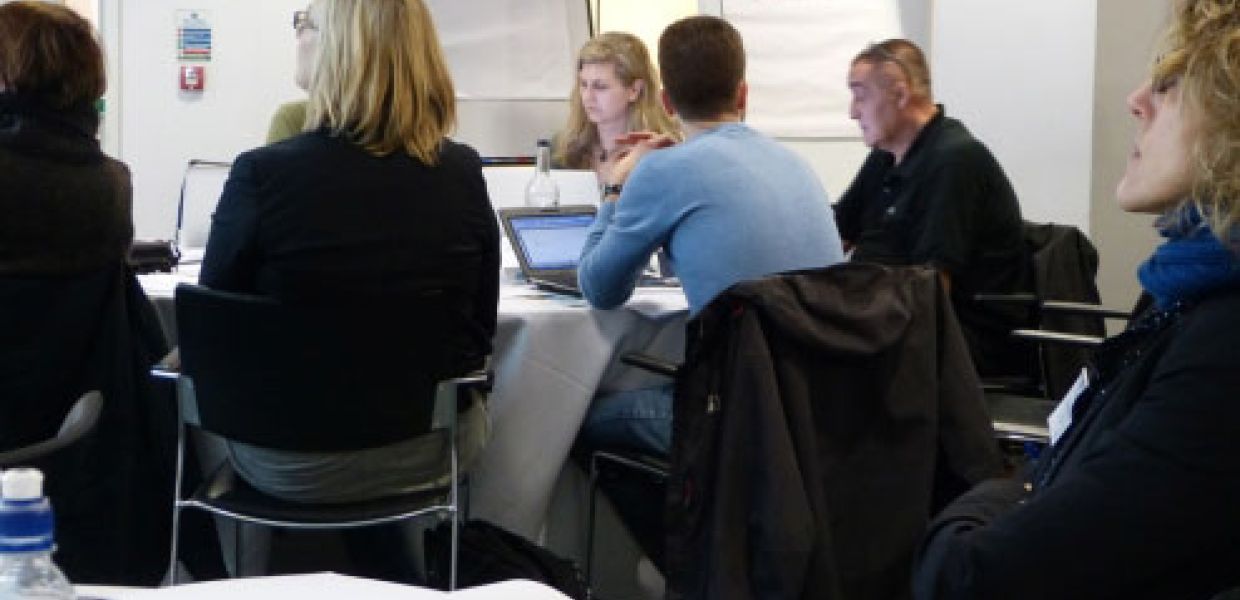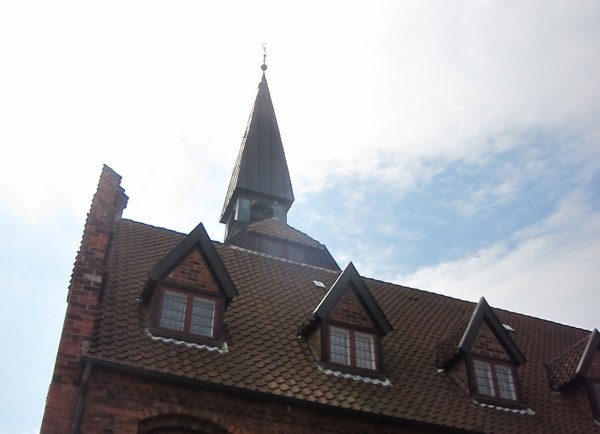Local cultural heritage in the cloud

By Kristine Hoff Meyer, Danish Agency for Culture
There are many advantages to cloud computing which could possibly be taken advantage of by cultural and heritage institutions. Cost-effectiveness and access to resources beyond the abilities of the individual institutions are among the primary advantages.

A cloudy scene at a Carmelite convent in Elsinore, Denmark. The Danish Agency for Culture, CC BY.
This assumption is the basis for the LoCloud project, which aims to make local cultural heritage information available on Europeana by taking advantage of cloud computing. LoCloud will support small and medium-sized institutions in aggregating their content, by using the cloud to provide services.
The first deliverable in the LoCloud project is a report on the state of the art of cloud services in the cultural heritage sector. The first section of the report offers a general description of cloud computing. The second section presents an introduction to the uptake of cloud computing by small and medium-sized enterprises in the EU. In the third and final section, special attention is paid to the needs of small and medium-sized cultural heritage institutions.
Though cloud computing is still emerging, a stamp of approval is that The European Commission has adopted a cloud computing strategy based on the reports from expert working groups and open consultations. It was adopted in September 2012 and is part of the 'Digital Agenda for Europe.'

The LoCloud Plenary meeting
There is high awareness and willingness to participate in cloud-based development from the heritage institutions and agencies voicing their opinion in this report. The barriers to participating cited are mainly lack of knowledge and skills, trust and legal issues. The main legal obstacle is the fact that many institutions are charged with the governance of their data and there will often be restrictions as to where that data may be placed and to whom it may be given.
There are a number of Saas (Software as a service) providers for the cultural sector. Some of the commercial vendors of collections management systems offer cloud-based versions of their software, and in the library domain the OCLC offers a number of relevant services. However, none of these come with plug-in aggregation tools for Europeana.
There is still a need for online tools with a very low barrier to entry which are suited to the needs (and budgets) of smaller local and community museums. This is the window of opportunity for the LoCloud project. The LoCloud project will also cooperate with other Europeana related projects especially Europeana Cloud.
The report has been prepared by a working group lead by The Danish Agency for Culture. The report is available on the LoCloud website.
